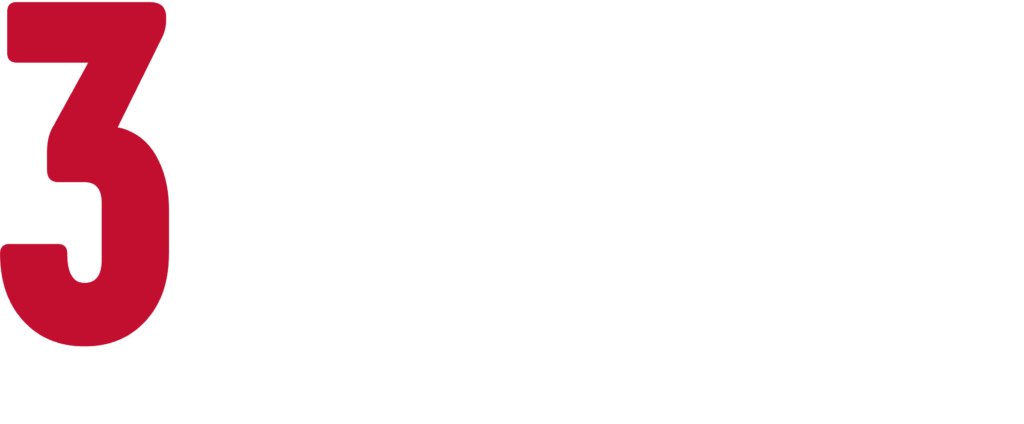Leadership Tips
Don’t leave it up to the dog to be responsible
I returned from dinner and fun with close friends about three years ago. To my not-so-pleasant surprise, when I walked through the door of our home, my dog had all the contents of the trash strung throughout the first floor. My first reaction was immediately yelling and punishing him for doing something I was less than happy about. As I cleaned up the trash and calmed down, I realized the dog got in the garbage only because I had not locked the lid. A valuable lesson was learned that evening, reminding me of a book titled Extreme Ownership.
Retired United States Navy Officer Jacko Willink was stationed in the middle of the Iraq War during some of its darkest times. In the book Extreme Ownership, Jacko highlights some of his learning experiences as he led his task unit through the battle. Moreover, he highlighted some of the mistakes that were made by his team. One thing that sticks out is that although he may not have made the in-the-moment decision, it was his sole responsibility as a leader to ensure that his team made precise decisions on how to proceed further.
I think leaders nowadays have gotten into a bad habit of pointing fingers in every direction aside from at themselves when something goes wrong. For example, I sat in an airport recently and heard two managers ridiculing the decisions made by the subordinates throughout the past several months. It took everything in my power not to ask them, “How much time have you taken to ensure that the employees are 100% aligned with the expectations that you both have of them?” Here’s the thing: We are all human beings, and we often react based on what we’ve been taught and experienced in similar situations.
Leadership in the past five to ten years has become a “buzz” word many people see as a title rather than an action. Being a leader to me means that it is our sole responsibility to train, support, and constructively guide our subordinates in the right direction. If someone on the team makes a poor decision, then it is most likely because we have not been proactive enough to ensure that there are sound expectations of them in certain situations. What I have found is that there are a few tools that can thwart this occurring.
- Core Values: Our enterprise’s core values have been driven into my head since I started with our team nearly six years ago. Like the term leadership, core values have gotten the wrap of being buzzwords if they are not taken seriously throughout the organization. They are instrumental when your team needs to make quick and consistent decisions if implemented correctly. Spend time talking about your core values, and when correcting a negative situation, refer to what core value was broken and soundly communicate what the proper response should’ve been.
- Open Communication: My leadership style is easily described as being participative, commonly called a democratic leadership style. I want to be clear that whatever leadership style defines you should come naturally and not be forced, but clear and open communication is critical. I’ve been told repeatedly that I am not enough of a hardass when people mess up, but that is because, in those situations, I believe that I have not done enough to teach our team how to react in all situations appropriately. Admit you’re to blame, talk openly through the matter, and ensure everyone is on the same page.
- Slow to hire. Fast to fire: My business coach has told me this in our interactions as we build our growing team. I’ve had some nasty things said to me by candidates because we do not hire them quickly enough. The reality is that I have a rule that we do not hire someone unless we have at least five highly qualified candidates. Moreover, if we get in a situation where someone we hired is dishonest, constantly making poor decisions, or is a bully to other teammates, we immediately fire them. I wouldn’t say I like these situations, but in the best interest of the bad-attitude employee and our team, they must be relieved immediately.
In conclusion, you have been blessed to be in a leadership position because of your ability to build your team and relationships and make sound decisions for your organization. Continue being mindful in all situations and be slow to react when someone does something that might not make sense to you. Like a dog getting in the trash, it is likely our fault as a leader for not doing enough to ensure the problem does not happen.

About the Author
Alex Hogan has worked with two companies under Watertown Enterprises since 2018. He began his professional career in safety, working in several positions with Malta Dynamics Fall Protection. Alex is now the President of 3 Promise Labor Services, which focuses on staffing hundreds of skilled construction laborers throughout the United States.

